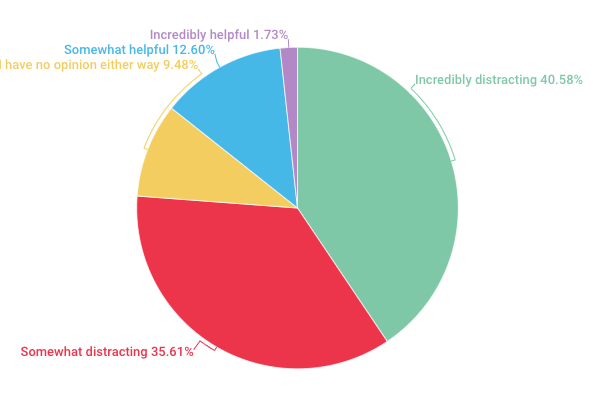Jeffery Dahmer is not Michael Myers
Otherwise known as Serial Killer glorification

January 31, 2023
“It is gruesome, disturbing, and unnervingly precise.”
“It turns Dahmer into a hideously immortal thing: an icon.”
“There’s too much Dahmer in Dahmer.”
That’s right; I used the same bait that Netflix used to get you to flip to this page. The name Dahmer probably intrigued you, and you thought you would read some case file account of his physiological unraveling and descriptions of the gore he created.
But I am posing a question. The one that the critics at the top were getting at, what is “Monster: The Jeffrey Dahmer Story”?
Depending on how you answered that question in your head just now, you’ve probably also answered any other questions that I could try and point out through this piece. And because you already have your own answers as to what Dahmer is, really my only purpose in this can be to pose my own evidence of what Dahmer is to try and convince you of the crimes that are recommitted through the popularity of the show about him.
Before I start down a column of condemning all true crime fans like a nun, I want to tell you that I am not a nun, I’m not condemning you, and I’m somewhat of a true crime fan myself–which makes this all complicated.
There are many problems to explore within the events of Dahmer’s case outside the show (The Police neglect, racism, etc.) However, those are the issues about this case that have existed for some time. Thirty years after Dahmer’s active reign, there is a new crime he’s inflicting. A crime committed not by way of police neglect, but through your own (forgive me) folly. Dahmer’s image is changed, and there is nothing worse than forgetting the actuality of Dahmer’s evil in place for his glorification.
I truly think there is partly an innocent curiosity in the enjoyment of true crime. But the notable truth is that most of us civilians who find that enjoyment in the storyboarding of crime have never been (and perhaps will never be) the victims in the plot of a real-life serial killer.
So it is there, in the pocket between FBI investigations and our couches, which lies the enjoyment and fascination of serial killers. It’s a place which easily blurs with the same fascination found in, say, reading Sherlock Holmes?
There may be a large group of the ‘I only watch true crime documentaries every once in a while.’ But there are those who live in that place of criminal fascination. It’s a place that brews products like Jeffery Dahmer earrings, and Dahmer stuffed animals, and Dahmer fan art. It’s a place that Netflix discovered (and surely helped create) and that it sure continues to build on
In the days of Sir Arthur Conan Doyle (Author of Sherlock Holmes), Doyle would receive letters from people who wrote fan mail to “Sherlock” believing that he was a real person. (He’s not.)
In 1991 “fans” began sending fan mail to Jeffery Dahmer as he was in prison.
Jeffery Dahmer is no 19th-century book character. He is a man, a man who mutilated 17 real people whose families are still alive today. He is just a man.
Almost everyone can watch Dahmer–Monster and feel sick and disturbed.
Great, you all have sympathy. But tell me why then the show reached number one in the first week of its release?
Remember that every time you watch Dahmer (and anything like it), remember that the “characters” are people that were murdered. They were no different from the average person trying to live a life in the way that you are and you are finding entertainment in the reenactment of their deaths.
The Dahmer show proves that those who have been killed and the man that killed them no longer have power over what their influence is. Whether you view those people as characters or as tragedies decides the meaning of their memory in this world.
You decide.
You decide if Jeffery Dahmer will continue to grow in power and you decide on the popularity of shows like Dahmer.
I am not trying to rid humanity or my small reader audience of their desire for the derived entertainment in watching death. (The Romans did it and so it’ll happen forever.) But there is a possibility I can create some piece of an active, conscious idea while watching those things. An idea which ultimately leads to greater peace in existence.
You decided whether or not there will continue to be a call for more serial killers to be made into movie stars.
“The acting was good.”
“I liked learning new things about the killer that the other movies didn’t delve into.”
“Good show.”











